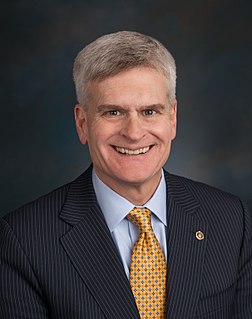A Quote by Jacky Rosen
When you are the head of any philanthropy organization, what you learn is empathy, how to listen and be responsive to people's needs.
Quote Topics
Related Quotes
No matter the organization, the goal, or the mission, you've got to do it through people. It's been that way for me since my first command. I work to understand the people, their views and needs, and how tasks are being carried out.That interaction might cause me to modify my guidance or the way I delegate. It also affords me an opportunity to learn what goals people have and how as their boss I can facilitate their future in ways that not only help them, but also help the ship or the organization.
The only way we really create change is to enter any situation with the humility to listen and to recognize the world as it is, and then the audacity to dream what it could be, to have the patience to start and let the work teach you, to be willing to lead when you need to lead, and to listen. To have a sense of generosity and empathy, but not over-empathy, because accountability is so critical to building solutions that work.
There are three lessons in philanthropy - one, involve the family, especially the spouse. She can be a remarkable driver of your initiative. Two, you need to build an institution, and you need to scale it up. Choose a leader for philanthropy whom you trust. Three, philanthropy needs patience, tenacity and time.
To me, the newspaper business was a way to learn about life and how things worked in the real world and how people spoke. You learn all the skills - you learn to listen, you learn to take notes - everything you use later as a novelist was valuable training in the newspaper world. But I always wanted to write novels.
There is nothing more important to our survival, nothing more dignified than learning how to take care of others, how to serve and teach people with kindness and openness. Mothers are experts in these fields. I hope people can learn to listen to them, learn to be like them and acknowledge the wisdom there before it is too late. I hope people can learn how to serve others.
For the most part, people use "empathy" to mean everything good. For instance, many medical schools have courses in empathy. But if you look at what they mean, they just want medical students to be nicer to their patients, to listen to them, to respect them, to understand them. What's not to like? If they were really teaching empathy, then I'd say there is a world of problems there.
Early in my career, I sometimes found it difficult to make the tough people decisions - I had to learn that. In business, you want to listen. You want to learn. You want to make sure you're not proceeding without information. But if you wait too long, you can actually hurt an organization even more.


































